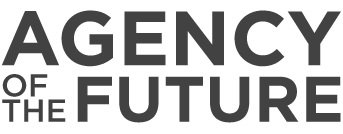#startworkingdifferently - Engaging with the Public about the Future of the NGO
Paul is a long term strategic advisor to the Start Network. He sits on their Donor Advisory Group and has been asked to speak at their annual conference about the future of NGOs on June 11th.
Guest post from Tegan Rogers, Communications and Administrative Officer at the Start Network
Start: Working Differently | Exploring new business models for devolved humanitarian response
Nineteen of the world’s largest humanitarian NGOs who make up the Start Network are coming together next week for a series of meetings to discuss the Consortium’s future. This initiative aims to accelerate crisis response by strengthening and enabling financing, response capability and innovation in the humanitarian sector. The Start Network members are coming together to figure out exactly what it means for them to be signed up to the Start Network’s Declaration of Intent and what changes they will need to make at all levels of their organisation to make good on its promise. On Wednesday 11th June the members are inviting others to have their say in the future of humanitarian NGOs. This public debate will focus on innovations that may provide radical solutions to some of the problems faced by the sector.
When an emergency takes place, we know that more than 70% of humanitarian assistance is delivered by NGOs. But much more live saving work is carried out informally by the communities who are there on the ground with the local knowledge, skills, contacts and compassion to help right away. It’s this civil society safety net that Start is working to empower. If leadership, decision making and control during an emergency response are going to be truly handed over to the people in the crisis affected community, international NGOs are going to have to adopt a very different role to the one that they often play today. This isn’t about organisational survival or staking out a spot for the big multinational NGO. This is about those mandates that the organisations are built upon – some that were drawn up over a century ago – that promise to relieve the suffering of people affected by disasters. And it is imperative that NGOs start working very differently to continue to fulfil that mandate in the most efficient and effective ways.

